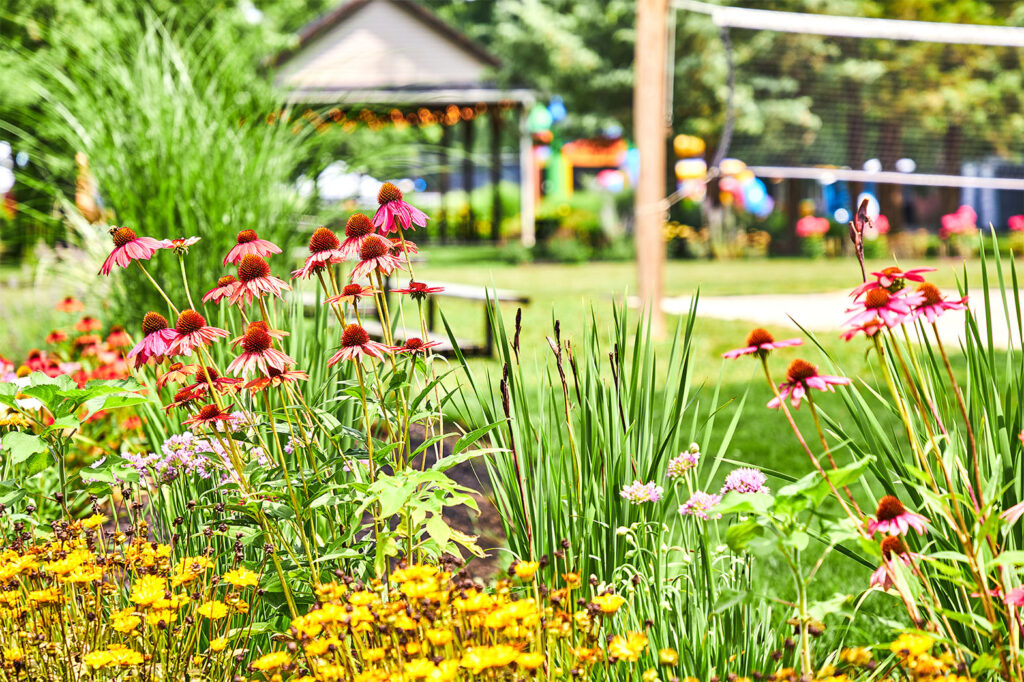In today’s world, teaching children about the importance of environmental conservation and sustainability is more crucial than ever. As parents, we have a unique opportunity to instill values of eco-consciousness in our children and empower them to become stewards of the planet. In this blog post, we’ll explore practical strategies and tips for raising eco-conscious kids and living a more sustainable lifestyle as a family.

Why Teach Kids About Environmental Responsibility?
Before diving into specific strategies, let’s first understand why it’s essential to teach children about environmental responsibility. By instilling eco-conscious values early on, we not only educate our children about the importance of protecting the planet but also empower them to make informed decisions that positively impact the environment. Teaching children to respect and care for the natural world fosters a sense of empathy, responsibility, and stewardship that can last a lifetime.
Lead by Example
Children learn by example, so one of the most effective ways to teach them about environmental responsibility is by modeling sustainable behaviors ourselves. Whether it’s reducing waste, conserving energy, or practicing mindful consumption, demonstrating eco-friendly habits in our daily lives sends a powerful message to our children about the importance of living in harmony with nature.
Explore Nature Together
One of the best ways to cultivate a love for the environment in children is by spending time outdoors and exploring nature together as a family. Plan regular outings to parks, nature reserves, or hiking trails where children can observe wildlife, explore natural habitats, and develop a deeper appreciation for the beauty and complexity of the natural world.
Educate and Engage
Take advantage of teachable moments to educate children about environmental issues and sustainability. Engage them in age-appropriate discussions about topics such as recycling, climate change, and biodiversity. Use books, documentaries, and online resources to supplement their learning and inspire them to take action.
Reduce, Reuse, Recycle
Teach children the importance of the three Rs: reduce, reuse, and recycle. Encourage them to minimize waste by choosing reusable items over single-use plastics, repurposing materials for crafts and projects, and sorting recyclables properly. Get them involved in household recycling routines and show them how their actions can make a positive difference for the planet.
Grow Your Own Food
Consider starting a family garden or growing herbs and vegetables together in pots or raised beds. Gardening not only provides an opportunity for hands-on learning about plants and ecosystems but also promotes healthy eating habits and reduces the carbon footprint associated with food production and transportation.
Practice Conservation at Home
Implement simple conservation measures at home to reduce water and energy consumption. Teach children to turn off lights and appliances when not in use, take shorter showers, and use water-saving fixtures. Involve them in household chores such as composting kitchen scraps or collecting rainwater for gardening.
Support Eco-Friendly Initiatives
Encourage children to get involved in local environmental initiatives and community projects. Whether it’s participating in beach cleanups, tree planting events, or advocating for eco-friendly policies, engaging in hands-on environmental activities helps children develop a sense of agency and empowerment to effect positive change in their communities.
Celebrate Earth Day Every Day
Make Earth Day a year-round celebration by incorporating eco-friendly practices into your family’s daily routine. Use Earth Day as an opportunity to reflect on your environmental impact, set goals for reducing waste and conserving resources, and take action to protect and preserve the planet for future generations.
In conclusion, raising eco-conscious kids is a journey that begins with education, inspiration, and action. By modeling sustainable behaviors, exploring nature together, and engaging children in meaningful discussions and activities, parents can empower their children to become passionate advocates for environmental conservation and stewards of the planet. Together, as a family, we can make a positive difference in creating a more sustainable and resilient world for generations to come.





